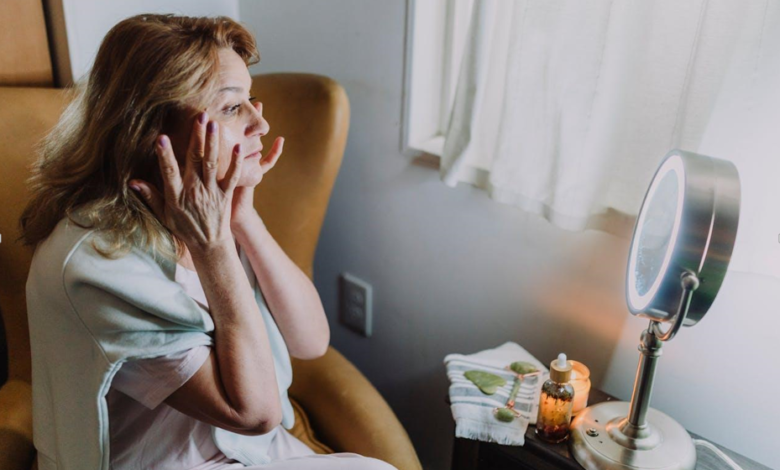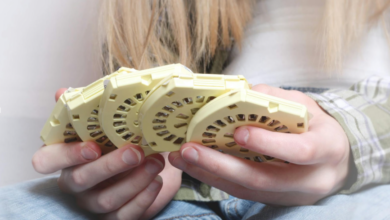Self-Care Smarts: Save More, Glow More with Lamina

Taking care of yourself involves more than only resting; it is absolutely essential for happiness and health maintenance. Whether it’s squeezing a calm cup, getting enough sleep, or indulging oneself in something unique, these times accumulate. Let’s be honest, though: self-care sometimes seems like a supplementary cost.
Although it could seem difficult, self-care can run parallel to financial management with relative ease. It’s about having the correct tools to help you balance your needs with your money and making smart decisions. Let’s examine how you might maximize your glow for your money.
Making Self-Care Affordable
Your well-being should be taken into account without expense. It’s about giving top priority to what really makes you feel good and looking for affordable methods to include those things into your daily life. Consider what really feeds you—a home-cooked dinner, a stroll in the park, maybe certain therapy or class. Knowing what matters most will help you begin budgeting for it.
Smart Ways to Fund Your Glow
With some planning, it is quite feasible to make space in your budget for self-care. Especially for those bigger well-being investments like a course or a required medical treatment, you could occasionally want a bit of leeway to handle expenses. The key is to tackle it knowingly, considering all your choices for managing costs without triggering stress later on. It’s about establishing a consistent route to encourage your health free from feeling overburdened by the money aspect of things.
- Plan Your Pampering Budget: Reserve a little share of your monthly money just for self-care exercises. This could cover anything from savings for a massage, a session of laser treatment in Kitchener, a subscription to a mindfulness app, or supplies for a DIY spa evening at home. A clear budget helps you to enjoy your treats without any lingering guilt about overspending and guarantees you stay within your monthly financial comfort level by defining precisely what you can spend.
- Prioritize Your Well-being Needs: Not all self-care is equal; some activities provide more benefit to you personally than others. Find the things—be it regular exercise, good food, massage therapy in Ajax, or hobby time—that really affect your mental and physical health. First concentrate your resources on these high-impact activities, therefore guaranteeing your most critical well-being needs are consistently satisfied before distributing money to less important treats.
- Look for Value and Discounts: Self-care isn’t always at full price. Watch for discounts on exercise classes; search for free neighborhood activities like yoga in the park; or investigate low-cost alternatives for therapy or counselling. Great value is found via using loyalty programs, registering for discount newsletters, or visiting neighborhood community boards, all of which will help your self-care budget stretch further.
- Consider Flexible Financial Support: For more major self-care expenditures—including enrolling in a long-term fitness program, buying required equipment for a hobby that fosters your mental health, or paying for unanticipated wellness expenses—having access to flexible financial support is extremely useful. By letting you spread the cost over time in a way that comfortably matches your income. Tools like Lamina help you to manage these larger expenditures and guarantee that you do not have to postpone important self-care because of immediate lack of cash.
See also: How to Set Health Goals Using Your Smartwatch?
Blooming Without Breaking the Bank
Self-care is an investment in yourself, and as with any investment, it is advisable to approach it with some foresight and sound judgement. Combining prudent financial planning with your wellness objectives helps to make self-care a regular and stress-free part of your life.
Smart decisions on your money management enable you to regularly channel energy and resources toward activities that raise your quality of living. It’s about establishing a good cycle in which managing your money helps you to attend to yourself, which results in more peace of mind and a real glow from feeling stable and safe.




